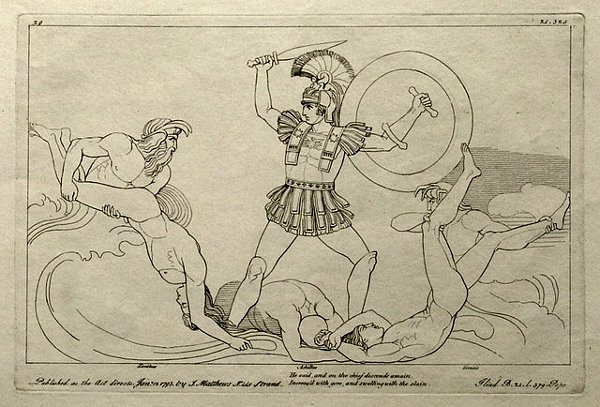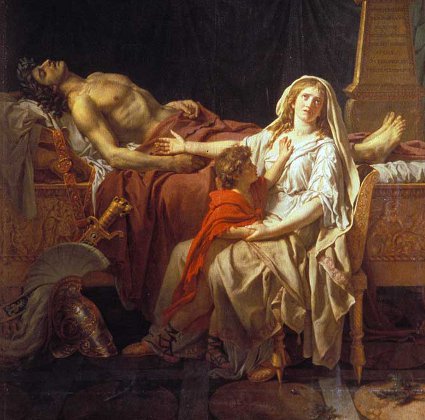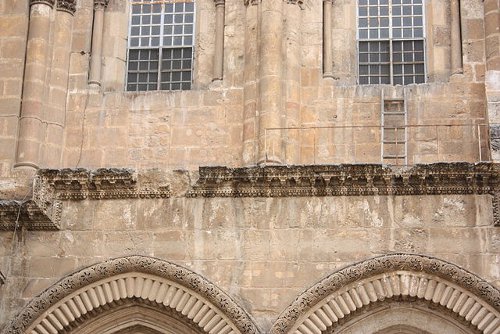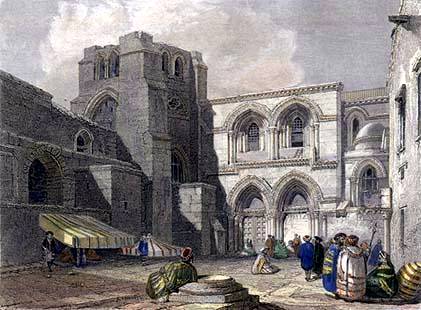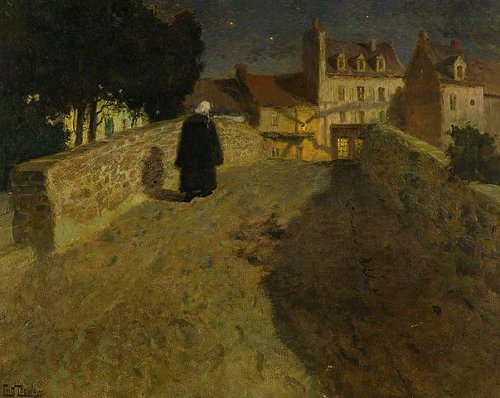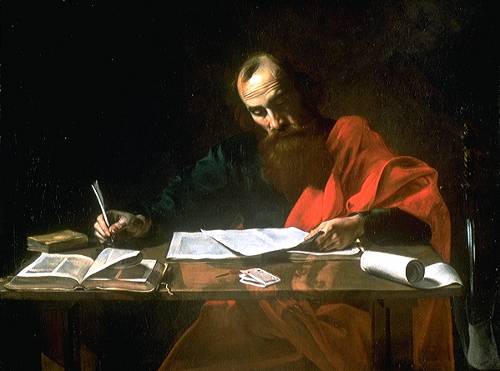marabou
n. a person who is five-eighths black and three-eighths white by descent
griff
n. a person who is three-fourths black and one-fourth white
mulatto
n. a person having one white and one black parent
The ultimate in racist lunacy was reached in Haiti in the eighteenth century, where Saint-Mery developed a classification of physical types based on the notion that each individual was divisible into no less than 128 separate parts (rather like genes):
‘Thus a blanc (white) had 128 parts white, a nègre (Negro) 128 parts black, and the offspring a mulâtre (mulatto) 64 parts white and 64 parts black. In addition, he also listed sacatra (8 to 23 parts white), griffe (24 to 39 parts white), marabou (40 to 48); quateron (71 to 100); metif (101 to 112); mamelouc (113 to 120); quateronné (121 to 124) and finally a sang-mêlé (125 to 127).’
Given the additional presence of Indians as well as Negroes, Mexican castas were even more complex.
— Peter Worsley, The Three Worlds: Culture and World Development, 1984

